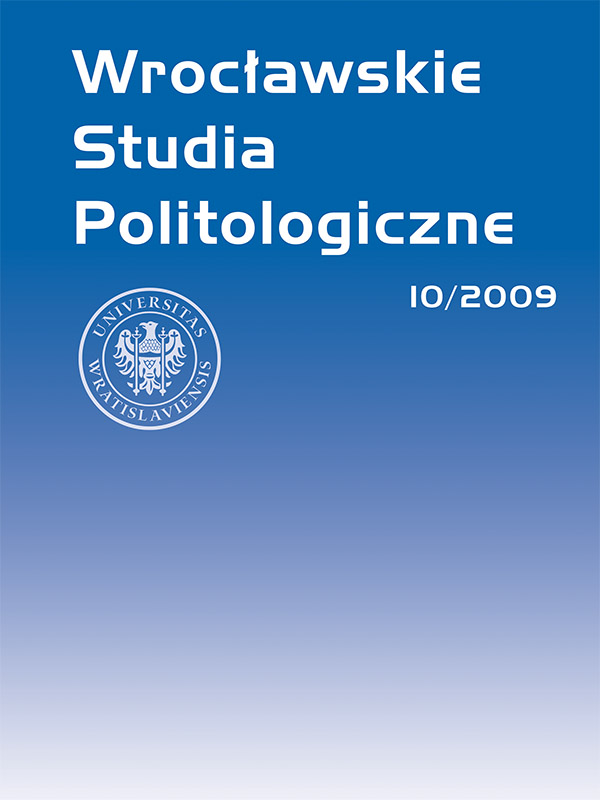

Artykuły

The form and stability of Czech governments: influence of party and electoral systems
This article focuses on the classification of the cabinets which were in power during the era of the independent Czech Republic. The question we ask is whether we can generally identify any prevailing type of cabinets. Our conclusion is that there were mostly minimal winning coalitions based on cooperation of ideologically distant political parties or minority cabinets. None of these versions provided government stability. Another aim of the text is to analyse the influence of party and electoral systems on governance. In this respect we tried to answer the question what would contribute to smoother formation of Czech governments and their better stability. We observed that although the electoral system had a great influence on the form of governments, it definitely was not the only factor. The crucial negative factor we identified in the sphere of the party system is the existence of a radical party with minimal coalition potential – the Communist Party of Bohemia and Moravia. In our opinion, however, this fact can be changed by regular coalition cooperation with the Czech Social Democratic Party. Other significant general factors we have identified are: 1 temporary decrease in the potential coalition of some otherwise ideologically and politically moderate parties due to personal animosity between leaders or their unwillingness to make any political concessions, 2 a specific case of an election stalemate, i.e. the equal number of mandates for the left and the right. The first factor involves a specific personal and political context to which no system solution can be offered. For the second factor, so far connected only with the 2006 election, a simple solution is at hand in the form of a minor modification to the constitution introducing an odd number of mandates.